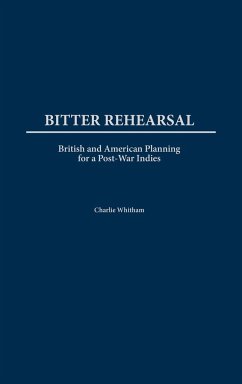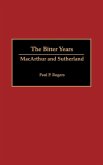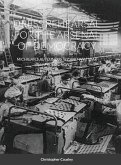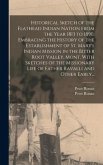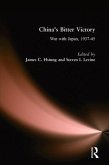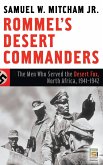Promoted as a means for rectifying the problems of a region in extreme need, the Anglo-American Caribbean Commission (AACC) only exposed and exacerbated the underlying antagonisms between Britain and the United States over the economic and political structure of the post-war world. This study places the AACC, formed in 1942, within the context of the Anglo-American wartime special relationship, and examines the political, economic, and security motives at the heart of this unique and little-known collaboration. It exposes the determination of the United States to use exigencies of war to impose its post-war plans upon Britain, and the tenacity of the British to defend even the smallest and least regarded of its possessions regardless of local and international opposition. The AACC was a battleground of conflicting British and American visions of a new West Indies, and it would thus serve as a rehearsal for key debates that would emerge at the end of the war. For the United States, the AACC was a vehicle for promoting America's broad postwar ambitions in the West Indies; for Britain, it was simply part of the price that had to be paid for American assistance in the war effort. Debates within the AACC over the future of West Indian sugar, the regulation of tariffs and trade, constitutional reform and the expansion of civil aviation mirrored wider British and American differences.
Hinweis: Dieser Artikel kann nur an eine deutsche Lieferadresse ausgeliefert werden.
Hinweis: Dieser Artikel kann nur an eine deutsche Lieferadresse ausgeliefert werden.

